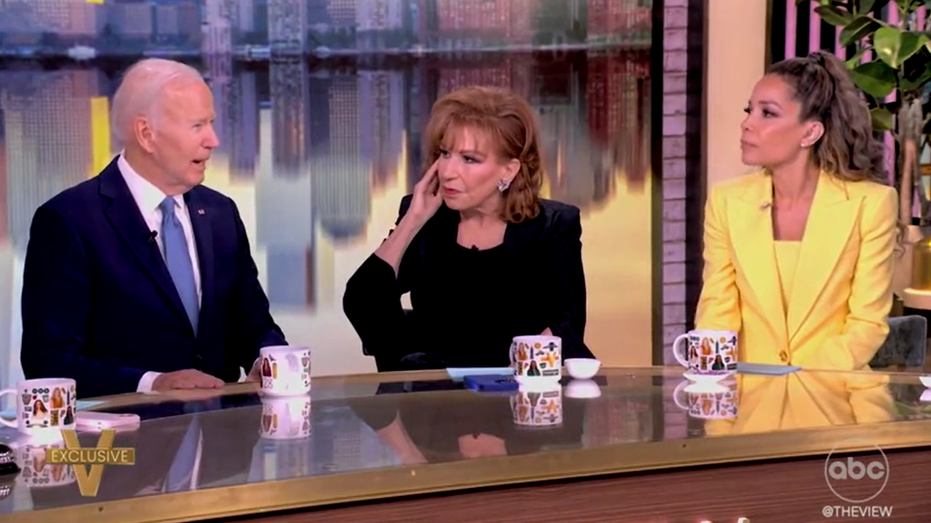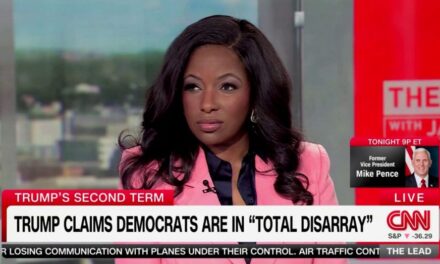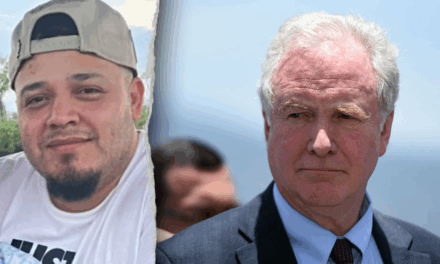In a recent event that has sparked widespread attention, President Joe Biden found himself in a challenging situation as he addressed a question concerning Vice President Kamala Harris’ plans to secure victory in the political arena following his withdrawal from the race. This moment unfolded during a press conference, where Biden was questioned about the implications of his decision on Harris and her future ambitions.
The inquiry posed to Biden came at a pivotal time, as the political landscape continues to evolve following his unexpected announcement to step away from the presidential race. Political analysts and supporters alike have been eager to gauge the level of influence Harris might exert now that Biden’s candidacy has concluded before the primaries. With speculation surrounding the timing of her potential campaign, Biden’s response held significant weight, impacting both her standing and the Democratic Party’s outlook.
As the question was raised, Biden momentarily faltered, appearing to seek clarity on the specific timeline being referenced. This hesitation did not go unnoticed, leading to social media chatter about the implications of his response—or lack thereof. Critics quickly pounced on this slip, suggesting that it may reflect deeper uncertainties within the Democratic leadership regarding the future direction of the party and the vice president’s role within it.
This incident prompts a closer examination of Harris’ political aspirations in the wake of Biden’s exit. As the first female vice president and the highest-ranking female official in U.S. history, Harris has already solidified a place in the annals of American politics. However, her ambition extends beyond her current position, raising questions about her long-term strategy in navigating the political landscape.
Following Biden’s withdrawal, many within the party have commented on Harris’ viability as a candidate for the presidency in the upcoming elections. Supporters argue that Harris has demonstrated resilience and capability, showcasing her potential to mobilize the Democratic base effectively. Yet, others caution that she faces unique challenges, including a divided electorate and competing interests within the party.
In response to Biden’s ambiguous remarks, political strategists are urging Harris to articulate her vision moving forward. As political pressure mounts, her ability to convey a clear and compelling message will be crucial. Additionally, her team may need to strategize on how to distance her public persona from any association with Biden’s presidency, particularly if his approval ratings remain low in the wake of his withdrawal.
The significance of this moment cannot be overstated. The Democratic Party is in a state of introspection, evaluating its core values and priorities in preparation for the general elections ahead. The dialogue surrounding Harris’ prospects has opened a broader conversation about diversity within political leadership and the representation of women and minority voices in the highest echelons of power.
One pivotal factor that could influence the trajectory of Harris’ political future is her approval among key voter demographics. Polling data indicates that while she has generated enthusiasm among progressives and younger voters, there are concerns about her appeal among moderates and independent voters. Addressing these concerns will prove pivotal in solidifying her status as a frontrunner should she decide to pursue a presidential bid.
The question of timing also weighs heavily on Harris’ decision-making process. With the primaries fast approaching, she must not only determine her own ambitions but also consider the broader implications of her potential candidacy on the Democratic primary landscape. The party faces the substantial task of unifying various factions, and the role of influential figures like Harris will be central to these efforts.
As Harris navigates the political terrain post-Biden, attention will also likely focus on her policy priorities. Advocating for issues that resonate with voters—such as healthcare, climate change, and social justice—will be crucial in establishing her credentials as a progressive leader. However, navigating these waters requires balancing ambitious progressive platforms with the necessity of appealing to a broader electorate, which could pose a significant challenge.
The political dynamics of the Democratic Party are set to continue shifting in the months ahead. With Biden’s withdrawal as a catalyst, the narrative surrounding Harris’ ambitions may well serve as a microcosm of larger trends at play within the party. Open discussions about leadership, identity, and vision will inevitably shape the choices that Democratic candidates—including Harris—make as they prepare for the electoral challenges that lie ahead.
Furthermore, the relationship between Biden and Harris remains a focal point of analysis. As a key ally throughout Biden’s term, Harris’ loyalty and contributions have been essential. Nonetheless, her potential presidential run could complicate this dynamic, testing the political alliance and camaraderie they have built over the years. The degree to which Harris maintains a positive rapport with Biden while simultaneously carving out her own path in the political sphere will undoubtedly be scrutinized.
In conclusion, President Biden’s stumbling over a question regarding Vice President Harris’ future ambitions highlights the uncertainty currently enveloping the Democratic Party. As discussions around her aspirations intensify, it is clear that the political landscape is under significant transformation. The upcoming months will undoubtedly shape the narrative surrounding Harris’ role and influence within the party—whether she embarks on a presidential bid or navigates a different political trajectory. The potential impact of her decisions will be felt far beyond the realm of personal ambition, influencing the very fabric of Democratic leadership going into the next election cycle.
As more developments unfold, the eyes of the political world will remain keenly focused on Harris and the choices she makes during this critical juncture in American political history. While Biden’s withdrawal marks the end of a chapter, it simultaneously opens the door for new possibilities—a testament to the ever-evolving nature of politics in the United States.
































